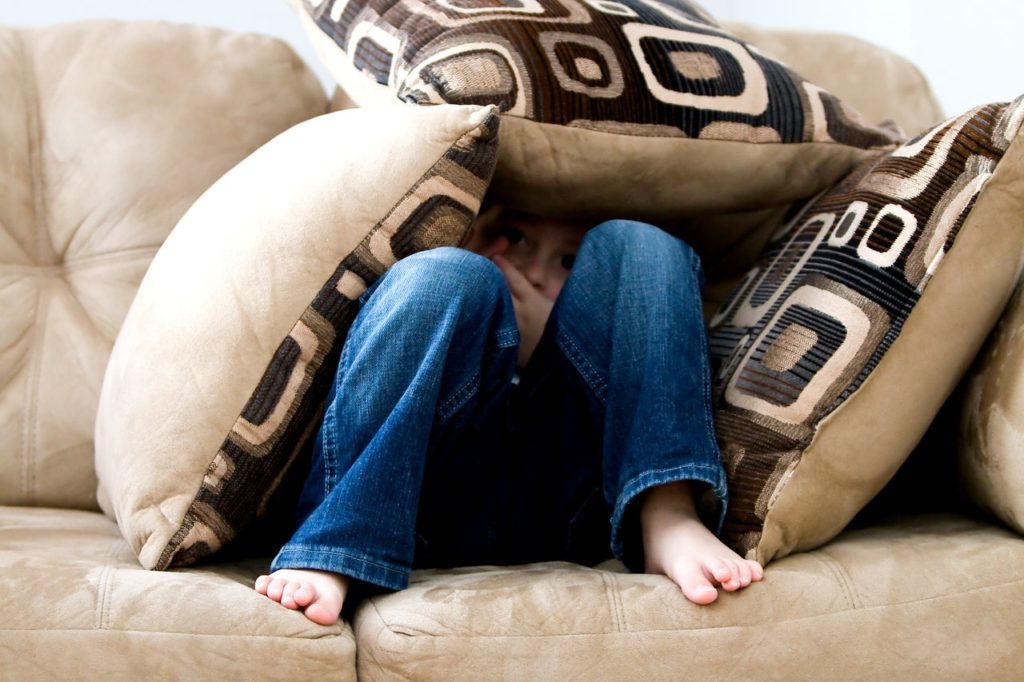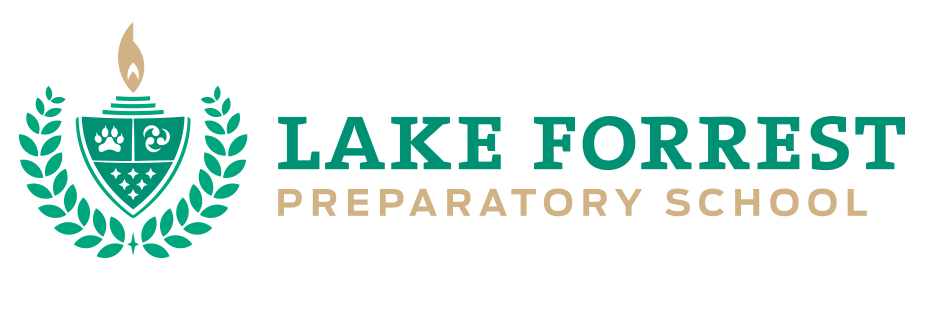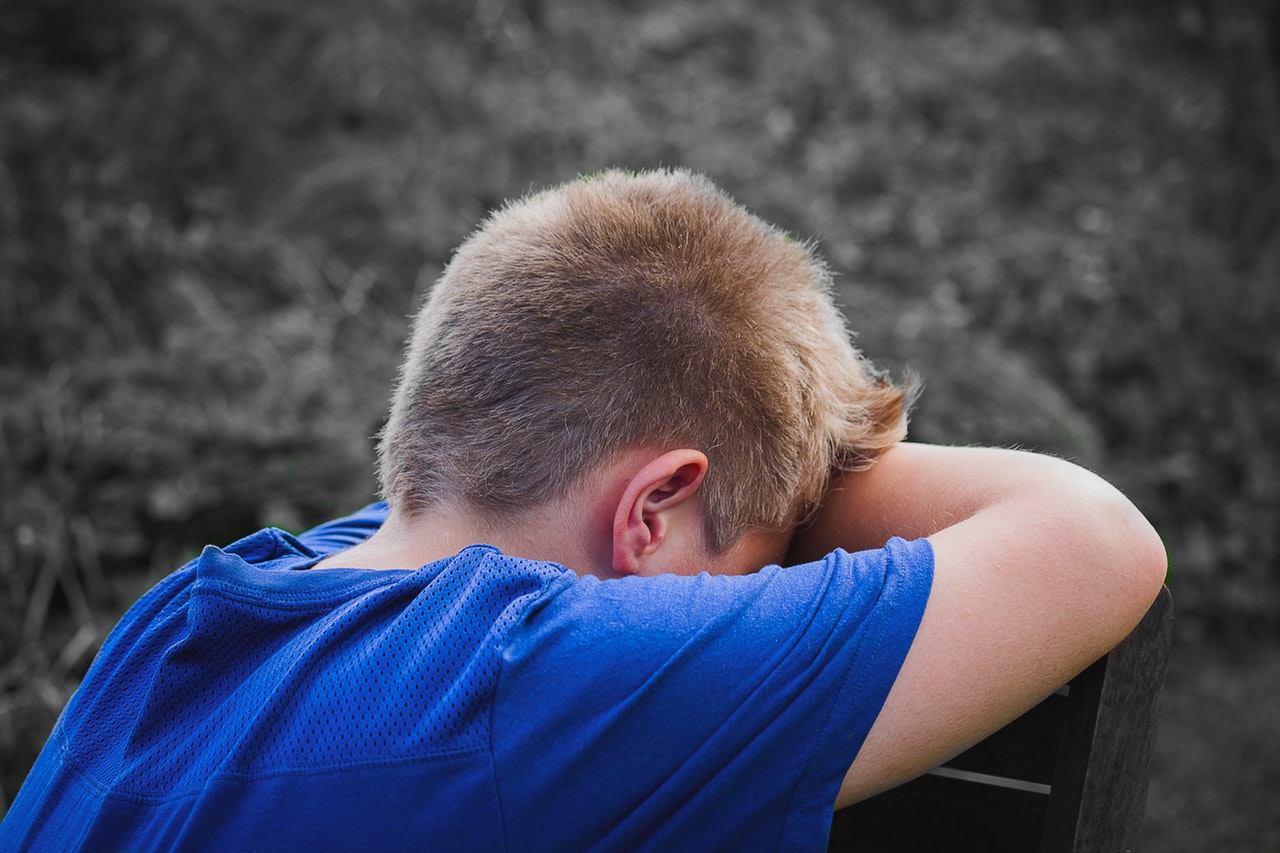Unprecedented times have increased almost everyone’s worries, and your child is not immune to feeling anxious. However, learning to recognize the signs of anxiety and teaching your child effective coping mechanisms can greatly reduce the stress that anxiety can cause.

Signs of Anxiety
Anxiety often presents differently in children than it does in adults. Signs in children include:
- Difficulty concentrating
- Difficulty sleeping or waking with bad dreams
- Not eating properly
- Prone to irritability and angry; Uncontrollable during outbursts
- Constant worrying
- Negative thoughts
- Fidgeting
- Feeling tense
- Increased clinginess
- Increased crying
- Complaining of a stomach ache or feeling unwell
Coping Mechanisms
Teaching your child how to manage their anxiety can not only help in the present moment but can encourage your child to always be mindful of their mental health. Coping mechanisms for anxiety include managing both the emotional and physical responses, which often become intertwined.
Deep Breathing
Anxiety can increase your child’s heart rate and cause them to feel tense. Through deep breathing, your child will be able to slowly relax. Teach your child to take slow, deep breaths by encouraging them to “breathe the rainbow.” With each breath, encourage them to think about their favorite things, matching each color. The first deep breath would be red. What’s their favorite red item? Practice this strategy when calm in order to increase its effectiveness during a heightened state of anxiety.
Relaxation Kit
When your child is anxious and fidgeting, they may not know how to calm down. Creating a relaxation kit full of calming activities can help your child relax while giving their mind something else to think about. Fill your child’s relaxation kit with coloring books, fidget spinners, clay, stories, and their favorite stuffed animal.

Get Help
When untreated, anxiety can cause great stress in someone’s life. If you have recognized the signs of anxiety in your child, it may be beneficial to schedule a meeting with your primary care physician. An expert will be able to help you manage your child’s anxiety and recommend a proper course of action.
At Lake Forrest Prep, a private school in Orlando, we nurture the growth, challenge the mind, and enrich the lives of each student. This includes prioritizing your child’s mental health. To learn more about our academic philosophies, give us a call at (407) 331-5144.


